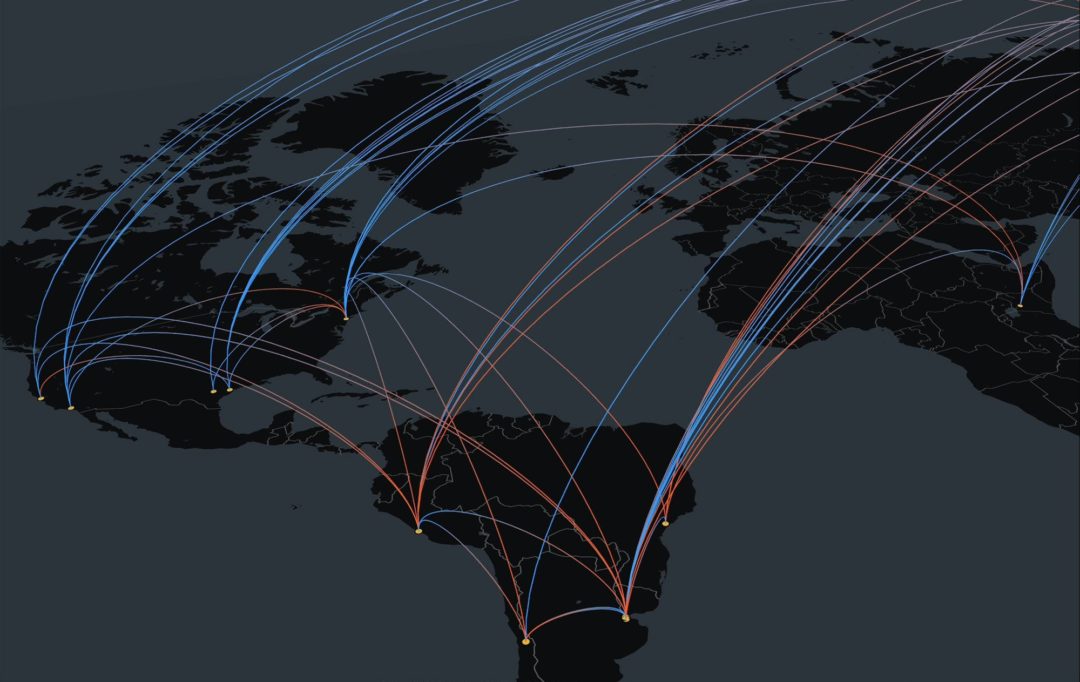Supply chain tech vendor Altana joins federal AI safety group
U.S. Department of Commerce consortium works to create safe and trustworthy artificial intelligence

Supply chain technology provider Altana today said it has joined with more than 200 of the nation’s artificial intelligence (AI) stakeholders to participate in a U.S. Department of Commerce initiative supporting the development and deployment of trustworthy and safe AI.
While forms of AI have been around for years, the sudden emergence over the past year of powerful, generative AI tools like ChatGPT has driven a wave of enthusiasm for many companies to apply the technology to their operations in retail, transportation, logistics, and other areas.
However, the new spotlight on AI has also uncovered concerns about how companies might apply the tool in areas like safety and security, consumer privacy, workers rights. Toward that end, the Biden Administration in October, 2023, issued a national policy on AI intended to balance its promise and risks.
New York-based Altana now joins that effort, which is established by the Department of Commerce’s National Institute of Standards and Technology (NIST). The U.S. AI Safety Institute Consortium (AISIC) is designed to bring together AI creators and users, academics, government and industry researchers, and civil society organizations.
“We’re proud to be part of the U.S. AI Safety Institute Consortium to help shape the guidelines, tools, methods, protocols and best practices to facilitate the evolution of industry standards for developing or deploying AI that is safe, secure and trustworthy,” Peter Swartz, Chief Science Officer and co-founder, Altana, said in a release. “As artificial intelligence becomes a more prominent part of everyday life, private and public stakeholders must come together to ensure its growth reaches its potential, while ensuring it is responsible and safe for all citizens and organizations.”
The firm says its AI platform, called the Altana Atlas, provides a dynamic, AI-powered map of the global supply chain. According to Altana, the product transforms reactive, vulnerable, and fragmented supply chains into proactive, resilient, and integrated networks, backed by visibility, insights, and collaboration.
Copyright ©2024. All Rights ReservedDesign, CMS, Hosting & Web Development :: ePublishing